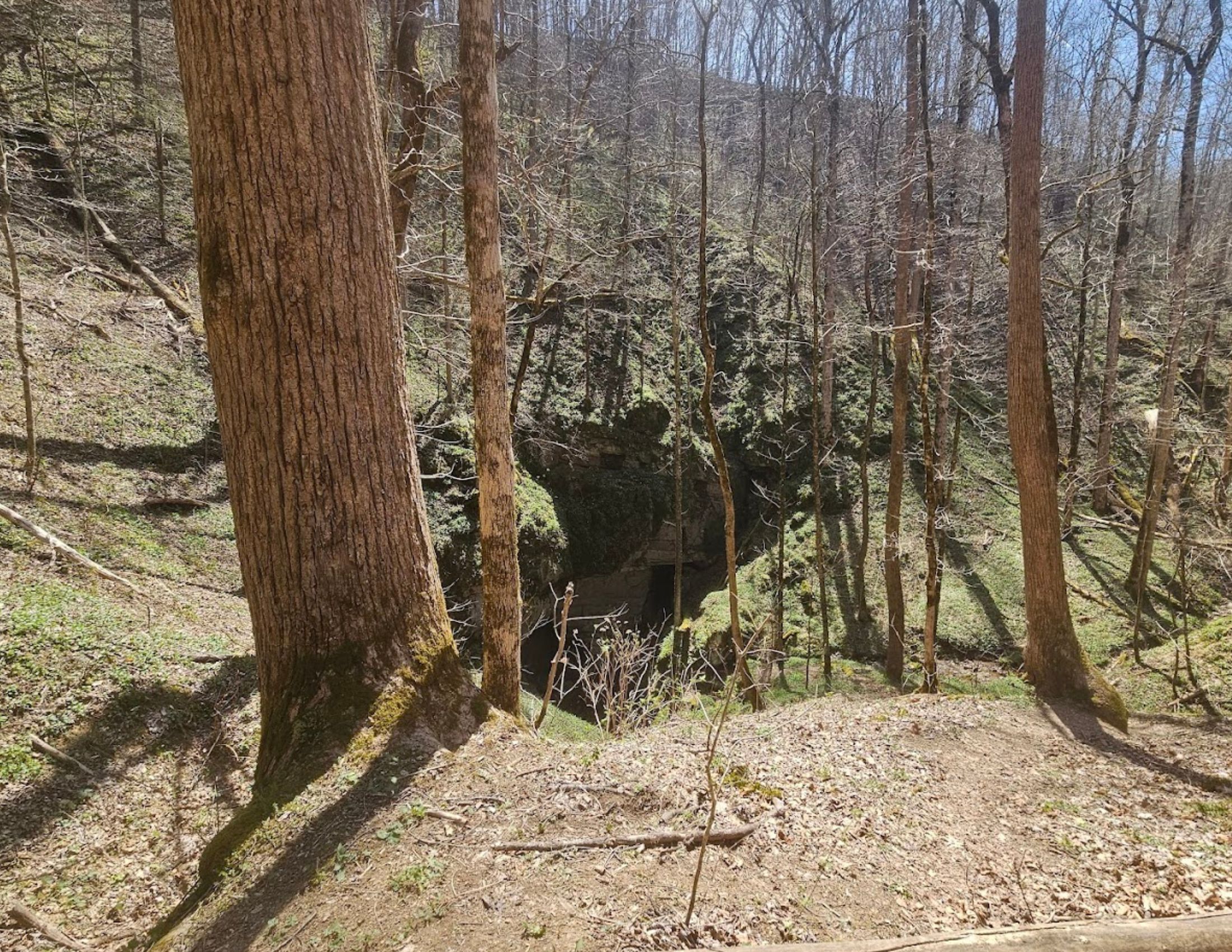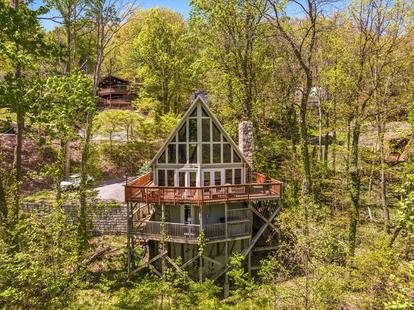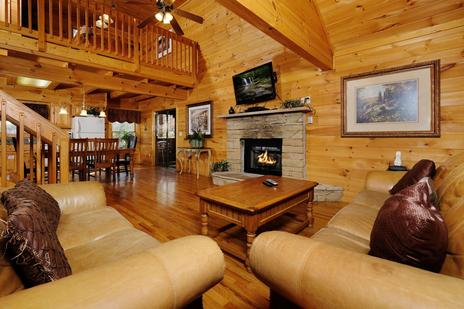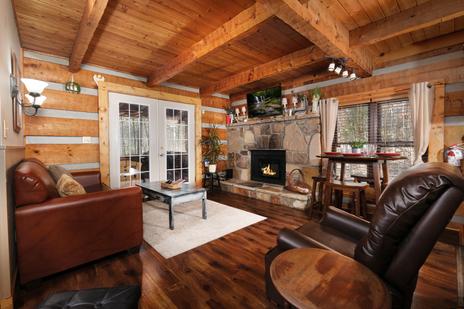Bear Cane Trail

The Beard Cane Trail is one of the lesser-known but equally captivating hikes in the Great Smoky Mountains National Park. Tucked away in the remote backcountry of the park, this trail offers hikers a serene and secluded experience, far from the more crowded trails. Spanning approximately 4.2 miles one way, the Beard Cane Trail takes you through a variety of landscapes, including lush forests, peaceful streams, and remnants of the area’s rich history. For those seeking a quieter, more introspective hike in the Smokies, the Beard Cane Trail is a hidden gem worth exploring.
A Journey Through History
The Beard Cane Trail is steeped in history, winding through an area that was once home to early settlers who lived and farmed in the region. The trail is named after Beard Cane Creek, which flows alongside parts of the trail and was likely named for the canebrakes (dense thickets of cane) that once lined the banks of the creek. As you hike along the trail, you may notice traces of the past, such as old stone walls, chimneys, and the remains of homesteads, offering a glimpse into the lives of those who once called this remote area home.
The trail is also part of a network of paths used by the Civilian Conservation Corps (CCC) during the 1930s. The CCC was responsible for much of the early infrastructure in the Smokies, including trails, roads, and buildings, and their work helped lay the foundation for what the park is today.
The Hike: A Peaceful Escape
Starting from the trailhead, which is located at the junction of the Beard Cane Trail and the Cooper Road Trail, hikers are immediately enveloped in the tranquility of the forest. The trail gently ascends and descends as it follows the contours of the landscape, crossing several small streams and offering occasional views of the surrounding mountains.
The Beard Cane Trail is characterized by its dense forest canopy, which provides ample shade during the warmer months. The forest is a mix of hardwoods, including oak, hickory, and maple, with rhododendrons and mountain laurels adding splashes of color in the spring and summer. The trail’s relatively moderate elevation changes make it accessible to a wide range of hikers, though the distance and the potential for muddy conditions after rain may present a challenge for some.
One of the most appealing aspects of the Beard Cane Trail is its solitude. Unlike the more popular trails in the Smokies, Beard Cane sees relatively few visitors, allowing hikers to enjoy the sounds of nature and the peacefulness of the forest without interruption. The trail’s remoteness also means that wildlife sightings are more likely, with deer, wild turkeys, and even black bears occasionally spotted along the way.
Connecting to Other Trails
The Beard Cane Trail can be hiked as an out-and-back route or as part of a longer loop or multi-day backpacking trip. At the trail’s end, it intersects with the Hatcher Mountain Trail, offering the opportunity to extend your hike and explore even more of the Smokies’ backcountry. From there, you can connect to other trails like the Cooper Road Trail or Little Bottoms Trail, creating a loop that takes you through a diverse range of environments within the park.
Tips for Hiking Beard Cane Trail
Due to its remote location, it’s important to be well-prepared before embarking on the Beard Cane Trail. Make sure to carry a map, plenty of water, and snacks, as there are no facilities along the trail. Because of the trail’s low traffic, cell phone service can be spotty, so it’s a good idea to let someone know your hiking plans before you set out.
Hikers should also be aware of the potential for stream crossings, which can become challenging after heavy rain. Wearing waterproof boots or bringing a change of shoes can help make these crossings more comfortable.
A Hidden Gem in the Smokies
The Beard Cane Trail offers a unique opportunity to experience the quieter side of the Great Smoky Mountains. With its rich history, serene landscapes, and relative solitude, this trail is a perfect choice for hikers looking to escape the crowds and immerse themselves in the natural beauty of the Smokies. Whether you’re a seasoned hiker or someone looking for a peaceful day in the woods, the Beard Cane Trail promises a memorable and rewarding experience.
Featured RentalsSelected Just For You

A Million Dollar View
4 bedroom 3 bath 12 guests10% OFFFrom

Mountain Serenity
2 bedroom 2 bath 7 guests10% OFFFrom

Heaven in the Pines
1 bedroom 2 bath 4 guestsFrom $116/night Pigeon Forge

Wonderland Dream
2 bedroom 2 bath 8 guestsFrom $129/night Pigeon Forge